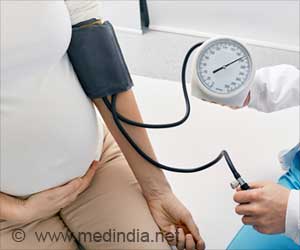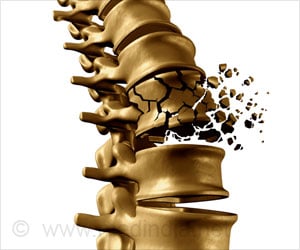Physical activity is an inexpensive, non-invasive strategy for disease prevention in post-menopausal women advocated by public health agencies.

"Our findings of a dose-response effect of exercise on total fat mass and several other adiposity measures, including abdominal fat, especially in obese women, provide a basis for encouraging post-menopausal women to exercise at least 300 minutes/week, longer than the minimum recommended for cancer prevention," researchers said.
The results of the one-year clinical trial was published online in the journal JAMA Oncology.
According to the study, physical activity is an inexpensive, non-invasive strategy for disease prevention advocated by public health agencies around the world, with recommendations to be physically active at least 150 minutes per week at moderate intensity or 60 to 75 minutes per week at vigorous intensity for overall health.
For the new study, Christine Friedenreich of Alberta Health Services, Canada, and colleagues compared 300 minutes of exercise per week with 150 minutes per week of moderate to vigorous aerobic exercise for its effect on body fat in 400 inactive post-menopausal women who were evenly split into the two exercise groups.
The women, who had body mass index (BMI) 22 to 40, were asked not to change their usual diet.
Advertisements
Average reductions in total body fat were larger in the 300-minute versus 150-minute group.
Advertisements
Source-IANS















